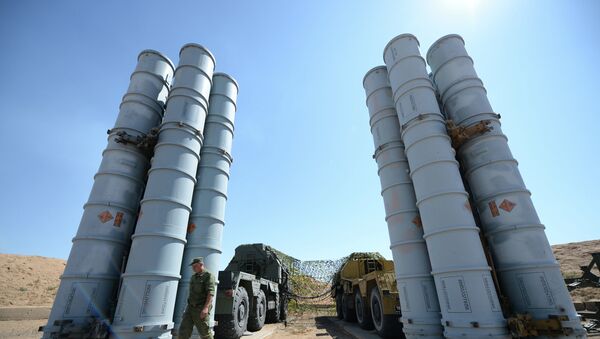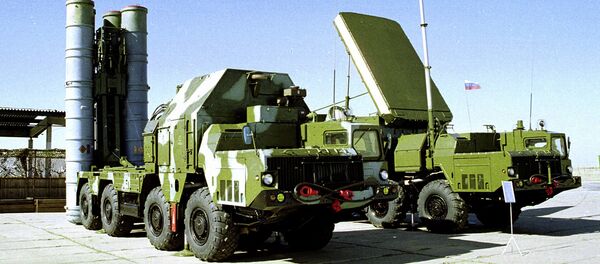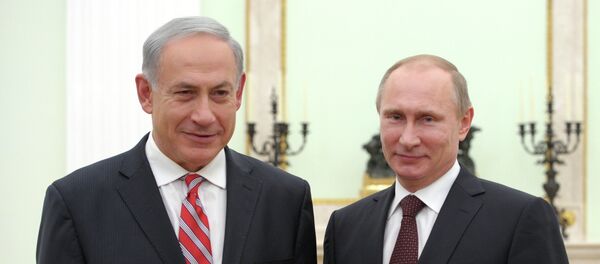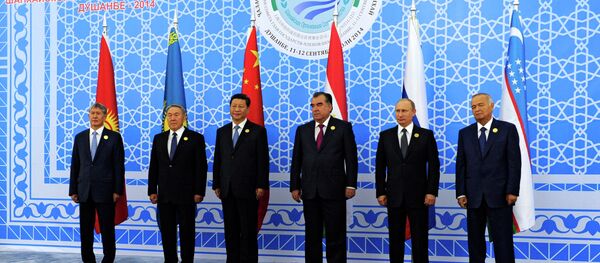"On the one hand, Iranian air defenses would be significantly upgraded with an advanced weapons system such as S-300 which, though not exactly new, is still very much capable of defending the country’s airspace from any potential attack, be it Israeli or US," elaborated Eric Draitser, a New York City-based independent geopolitical analyst.
"On the other hand, the possible delivery of the S-300s is a symbolic step towards integrating Iran into a broader non-NATO security architecture taking shape under the leadership of Russia and China."
Tel Aviv has already expressed its deep disappointment with the Kremlin's announcement. It is worth mentioning that the deal was actually signed in 2007 and was regarded as a significant security boost for Iran. And Tehran needs such a defensive anti-missile system "badly," according to an expert in Middle Eastern Affairs, Imran Khan.
That means that the "principle leverage" of Washington and Tel Aviv – a series of limited airstrikes or an all-out war – could be completely "nullified" by Iran's new defensive capabilities, deems Eric Draitser.
Indeed, Dan Arbell, a former Israeli diplomat, has recently warned that the deployment of S-300’s in Iran would mean the West was seriously diminished its leverage over Tehran, although the deal should not be seen as a "gamechanger."
However, Washington is seriously concerned about Iran's increased technical and military cooperation with Russia that would allow Tehran to provide more support to its regional allies, including Syria, in their fight against ISIL and other extremist militant groups.
"This of course would be disastrous to the regime change agenda of the US-NATO-GCC-Israel in Syria which, despite more than four years of an internationally orchestrated and supported terrorist war, shows no signs of capitulating," underscored Eric Draitser.
According to Eric Draitser, the S-300 deal would not only alter the balance of power in the Middle East but could be also considered a harbinger of further geopolitical changes in the world.
Remarkably, India and Pakistan are currently considering joining the Russia-China led SCO, the analyst emphasized, adding that the alliance of the emerging powers could undermine the decades-long hegemony of NATO and its proxies.
"Coupled with the emergence of the economic institutions associated with the BRICS – the BRICS Development Bank, and the Asian Infrastructure Investment Bank (AIIB) – which could provide a much needed alternative to the US-EU dominated IMF and World Bank, the contours of a new economic and military order become more apparent," stressed Eric Draitser.
So far, S-300 is not just a missile defense system for Iran, but a symbol of a multi-polar world, the analyst pointed out, noting that "planners" in Tev Aviv and Washington understand this.




